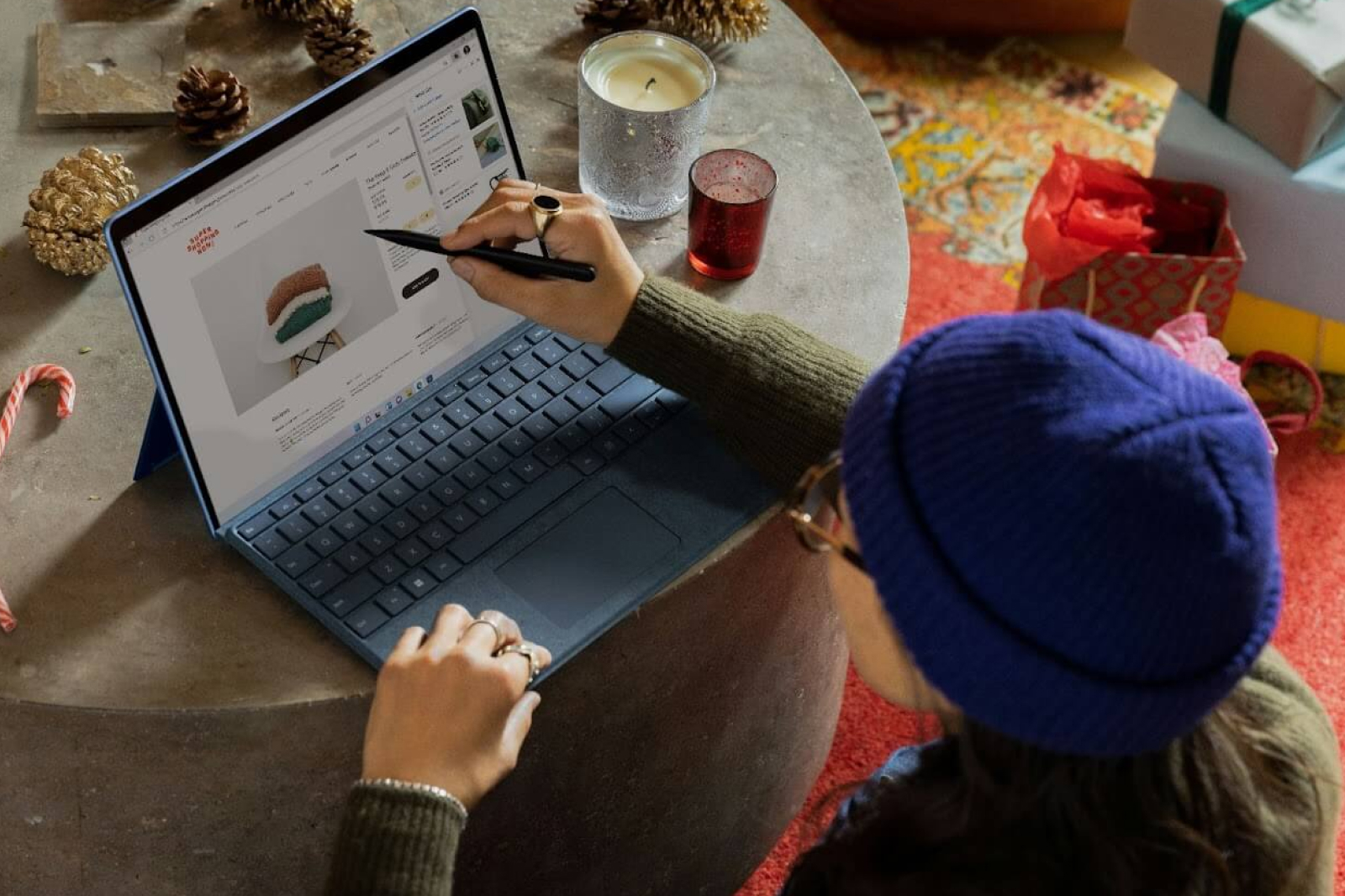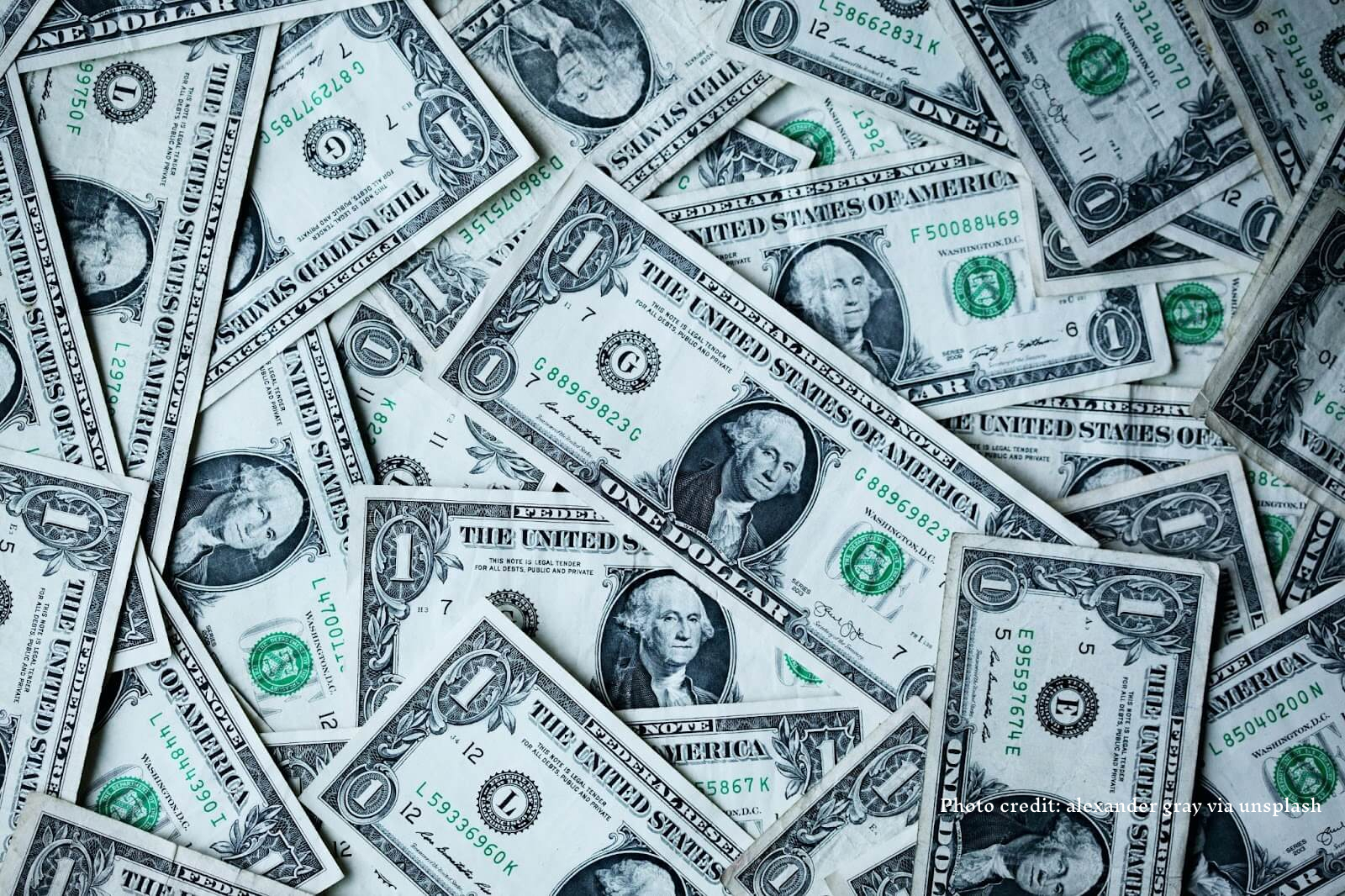Are You Ready for a Credit Card?

Nov 29 | 2016

Depending on who you talk to, the words, “credit card” mean one of two things: “danger zone” or “freedom, baby!” Having a credit card is both a blessing and a curse. Yes, it can encourage you to spend a little more freely without having to feel the burn right away, but it can also give you a rude awakening when you receive your monthly bill.
Let’s take it back to 1920s America. It was the era of flappers, great jazz, and modern-day conveniences, like movies and cars. More leisure time and new financing options like generous bank loans and buying on credit, made people spend well beyond their means. For nearly a decade, everyone was buying like crazy. But unfortunately, that came to a tragic halt in October of 1929. Bummer.
Since then, the United States has ebbed and flowed in moments of economic prosperity and recession. But one practice that all Americans can do is establish responsibility with their credit. And responsibility is not necessarily something that everyone has once they turn eighteen and can legally apply for a credit card.
To qualify for a credit card, you must have a steady source of income that will prove to your bank that you can pay your bills on time and not drown in credit card debt. If you’re so inclined to start early, there are special student or retail credit cards that may have easier qualifications. (Yes, you can still apply for a credit card if you have no credit.)
The most important thing to understand when you apply for a credit card is that it gives you a high risk of debt. But, if you are able to pay your bills on time, you can build your credit and qualify for greater purchases down the line. You’ll have to have a strong credit score to buy a house, apply for a mortgage, or even to seek employment in certain domains. You can achieve this by starting off strong. Know your limitations by crafting a thoughtful budget. Here’s a great budgeting resource to get you started.
While debit cards take money out immediately from your account, they don’t help you build credit. To see if you’re ready to pay a monthly credit card bill, total up all of your expenses month to month, and find the average. Then, see if you can save that amount every month. But the best way to get started is to find out as much information as you can. If you think you’re ready for a credit card, then you need to figure out which card will be best for you.










